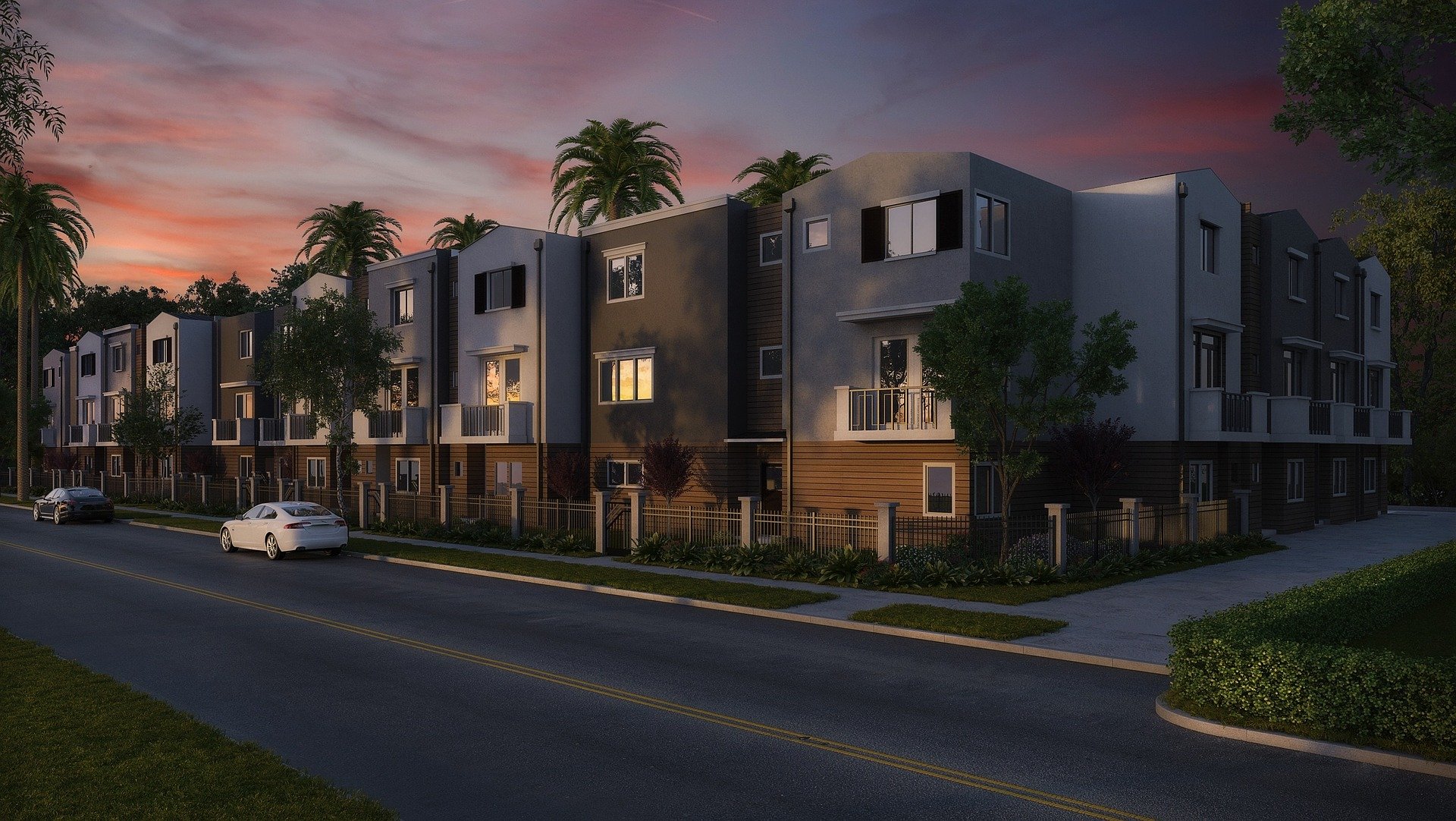Landlord Blog
Education and news for smart DIY landlords!
The Home Owner's Dilemma: Should You Rent or Buy In 2021?

Buying a home this year entices many homeowners and real estate investors alike. Yet, a research team in Zillow wrote: “United States home values have gone up 9.1% over the past year and Zillow predicts they will rise 10.1% in the next year.”
This could mean a repeat of the housing market crash back in 2007 - a costly move for those who bought properties. The economy is still hard to predict with the pandemic in effect. Even renting still presents some risks. Jobs aren’t stable and rent rates fluctuate due to the economy. Keep reading so you can decide if you should buy a home or rent this year.
Renting vs Buying

The choice of buying or renting a home is a major decision to make. Each has its pros and cons depending on one’s finances and lifestyle. While some prefer to rent for a more flexible way of living, others may want to buy a home for security and investment.
At the end of the day, your final decision lies in how you and your family want to live and how you want to spend your money. These advantages and disadvantages will guide you into making a solid decision.
Renting Pros and Cons
Pros:
1. No maintenance and repair costs
Your landlord pays for the costs for the upkeep of the property you’re renting. That reduces your monthly, quarterly, mid-year, and annual expenses which helps you save money.
2. No property taxes
Since you don’t own the property you’re staying in, you won’t need to pay property taxes to the government every year. This is another way that helps you save money from annual expenses.
3. Flexibility of living
There are plenty of rental homes you can choose from. You can rent a condo if you’re single or a single-family apartment if you’re married with kids.
Cons:
1. Rent rates can rise anytime
Economic changes might prompt your landlord to increase the monthly rent. This is a common problem for renters who get comfortable with an affordable rent rate.
2. You can get evicted anytime

If your landlord decides to sell their property due to an increased market value, you have no choice but to move out, especially if you have been given notice.
3. You cannot decorate or renovate
We love to live in a home that reflects our tastes. Since tenants have no power to make changes in a rental property’s design, you cannot add amenities such as a gym or a wine cellar.
Buying Pros and Cons
Pros:
1. You build equity
Equity is the difference between how much you owe for the home and how much you can sell it for. To summarize, you can gain a lot of profit from selling a home if you’ve paid the mortgage and its market value has risen.
2. Nobody can evict you
If you pay all your property taxes, mortgages, and other fees without delay, not even the government or a company can force you to sell your house or evict you from it.
3. More privacy
You can renovate the home you own to your liking. There are also no landlords barging in to collect rent or do inspections.
Cons:
1. High maintenance and repair costs
Everything inside your property is yours. If there are any damages, wear, and tears to the appliances, HVAC, roofing, walls, or windows, the repairs are yours to pay. And they aren’t cheap.
2. Property values may fall
Even if a property builds equity, its selling value may drop in the future due to economic recessions, lack of jobs, or natural disasters. You could sell your house lesser than how much you bought it for.
3. Less mobility

For homeowners, a work reassignment to a different area can be a big problem. You’ll need to sell your home to finance your purchase of another house close to your next workplace. Selling a house takes too much time.
Whereas with renting, you can immediately leave once your lease is over to pursue other opportunities for earning.
The idea of the 2007 housing market crash repeating later this year or the next is too much of a risk to take for investors. However, for those with stable jobs transitioning to remote working, it’s a good decision to buy a home for security if you don’t mind the lack of equity and rising mortgage rates.
It’s also good to be renting this year. Being a tenant significantly reduces living expenses as landlords cover the costs for the upkeep of the place you’re staying in. This allows you to save more money for more emergencies the pandemic might cause. In a work sense, renting allows you to move from one residence to another if there are sudden changes in work assignments.
More blog posts to read here to help your 2021 home-buying decision:
